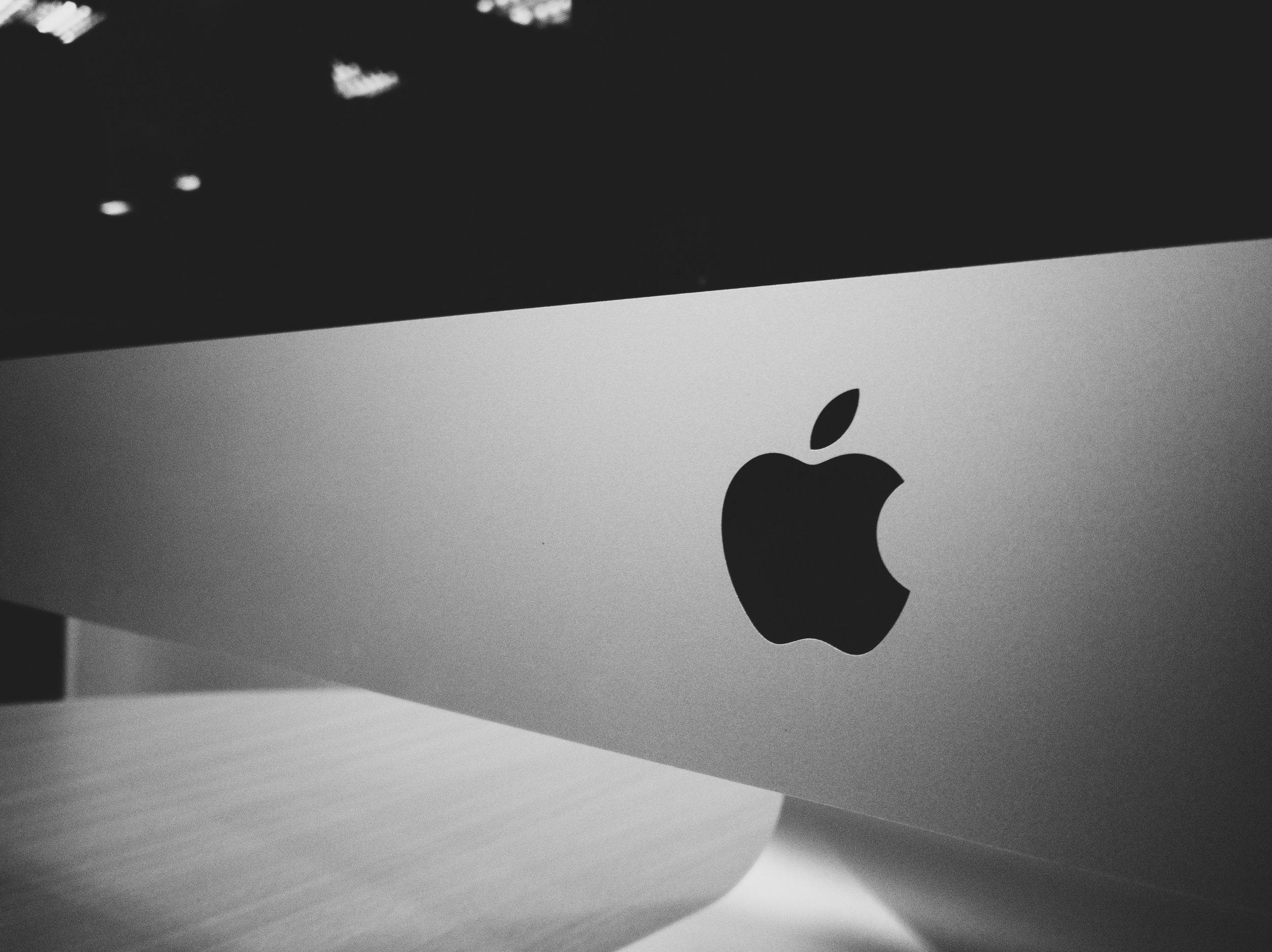At the end of the day, we're all just human beings sitting around the metaphorical campfire of our computers and devices, telling stories.
The companies that understand this intuitively are the ones that build brands that become empires. They create products and tools that we can't imagine living without, like Google or Apple.
If you ask someone about their Mac computer and why they bought it, they'd probably give you some pat answer--it's a great machine or it's really fast--and all these reasons are true. But they're not the basis of why people return to them over and over again.
Apple's classic advertising campaign, think different, is the calling card of a brand that sought to establish itself as the alternative to the status quo.
In the early days of the computer industry, big business and big technology set the standards, and conformity was the order of the day. Apple challenged these expectations and focused on individuality.
Apple products, with their firm embrace of the uniqueness of their users, speak to many of us--we were kids standing with our trays during lunch in the school cafeteria, wondering where we were going to sit.
Apple's brand has managed to connect to all of us weirdos, dreamers, visionaries, and daredevils.
By telling us it's okay to think different--essentially giving us permission--they're also telling us, it's okay if you don't know who you're going to sit with at lunch. We get it.
1. Take time to hammer out your story.
At the core of great brands are great stories.
In order to get people to fall in love with your product or service, you need a powerful story that is the foundation upon which everything is built.
This is important work. It's essential to take the time to flesh out the interior story of your company.
Do people use Google because it's just a fast search engine and gives you a ton of free digital services? Sure. But when Google first emerged as a search engine, there was something about that pristine white background, the simple colors, and the silly name that was able to connect with the inner Magellan, the inner explorer, of many of us.
Google zeroed in on the part of all of us that wanted to search and discover, even about the things we felt like we should already know, but don't.
2. Connect your story to the needs of your consumers--even the ones they never knew they had.
The biggest brands have aligned what they do to address certain fundamental aspects of the human condition.
They help people face their fears (Nike), celebrate their uniqueness (Apple) or embrace their desire to explore with abandon (Google).
These titans do more than just offer great services or products at competitive prices. They help us live fuller and more connected lives, giving us more time to spend on the things we really care about.
Just as in HBO's Westworld, when Anthony Hopkins' character explains why people return to the theme park, he is clear to assert that it's not for the obvious garish elements of the park, such as the ability to rape and murder.
It's something more nebulous.
The character explains:
"They come back because of the subtleties. The details. They come back because they discover something they imagine no one had ever noticed before. Something they fall in love with. They're not looking for a story that tells them who they are. They already know who they are. They're here because they want a glimpse of who they could be."
This suggests that there's something about perhaps an antique latch on a window or the ability to wash one's face in a porcelain basin of water drawn from a well that touches people in ways that are deeply meaningful, connecting them with the profundity inherent in simplicity (something Google of course seized upon with their homepage).
3. Adapt your story into a brief slogan that reflects its core values.
It can be challenging to compress the motivating story of why your brand exists and why it's awesome into a few words. Under five words is always best. But you can do it.
There's something about your slogan that needs to gently touch upon the something missing but deeply desired within your consumer.
Nike's godfather of all slogans, just do it, isn't just a rallying cry to action and to face one's fears. It reminds the consumer--I know you're scared. It's normal. Do it anyway.
That's the foundation that people gravitate to, even though few of them realize it.
The best companies are the best storytellers.
They are able to relate to the pasts of their consumers and meet them on their level.
Such companies understand the struggles, disappointments, goals and yearnings of their customers.
They understand who their consumers wish they could be and who they almost are. And behind every product or service is a narrative that forges a human connection, no matter how subtle.
This article was originally published on Inc.




















